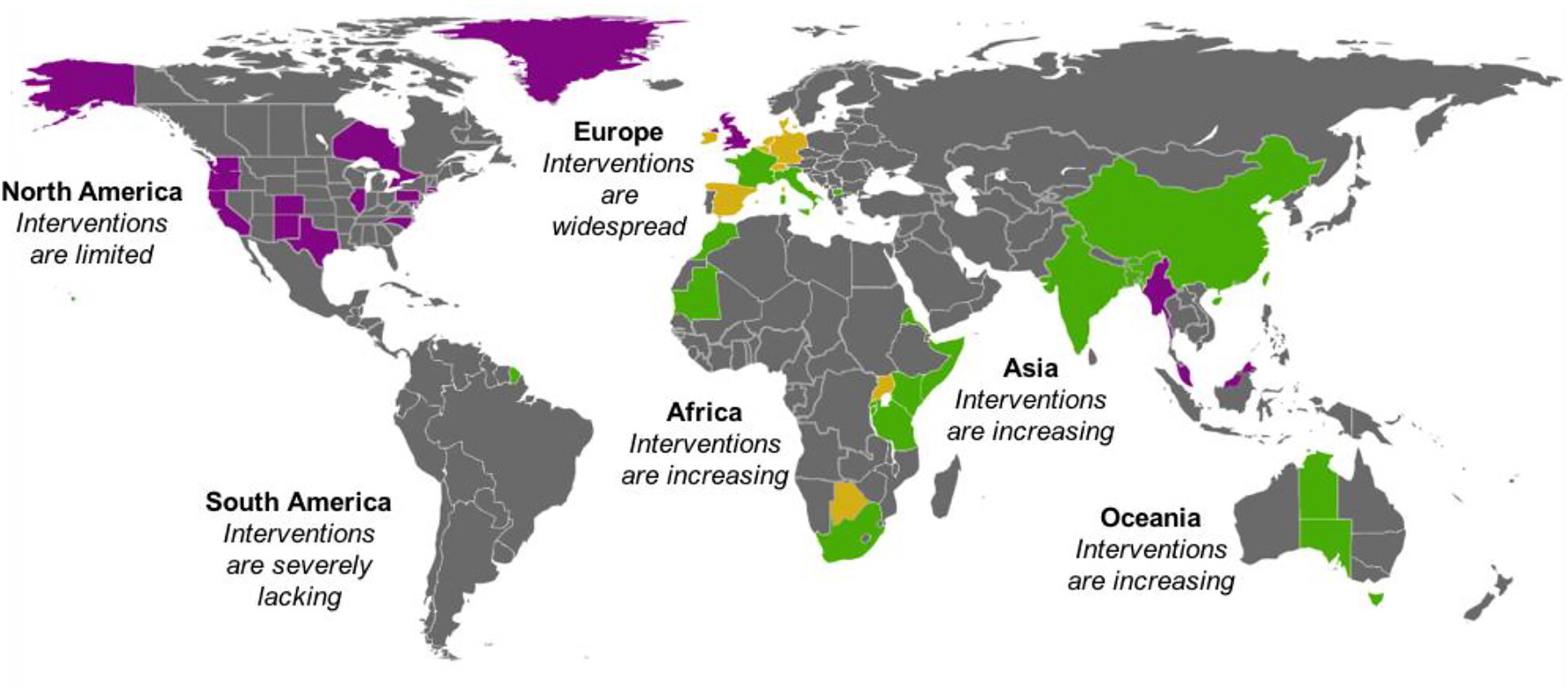Elsevier, Elsevier Foundation, 18 May 2017
Sustainable Cities and Society, Volume 31, 1 May 2017
Urbanization is transforming human society in many ways. Besides all the obvious benefits, it also brings negative impacts such as the well-documented urban heat island (UHI) effect and the magnified human heat stress. One way to reduce human heat stress is to increase vegetation density in urban areas, because they can provide evatranspiration and shading benefits. However, given the diversity of tree species and their morphological properties, it is important to understand rationally how different trees regulate thermal comfort.
Environmental Impact Assessment Review, Volume 64, 1 May 2017
Land Degradation (LD) in socio-environmental systems negatively impacts sustainable development paths. This study proposes a framework to LD evaluation based on indicators of diversification in the spatial distribution of sensitive land. We hypothesize that conditions for spatial heterogeneity in a composite index of land sensitivity are more frequently associated to areas prone to LD than spatial homogeneity. Spatial heterogeneity is supposed to be associated with degraded areas that act as hotspots for future degradation processes.


